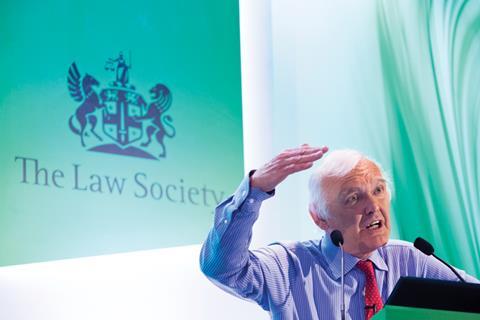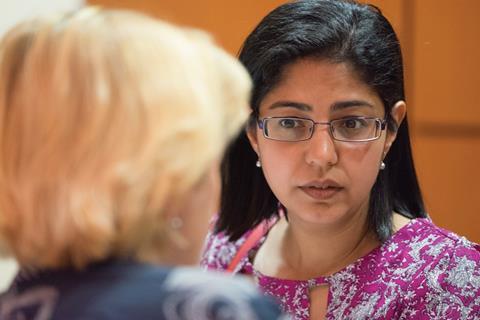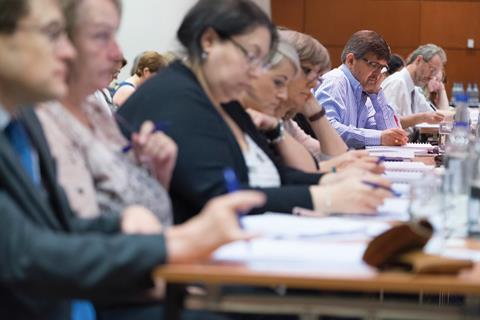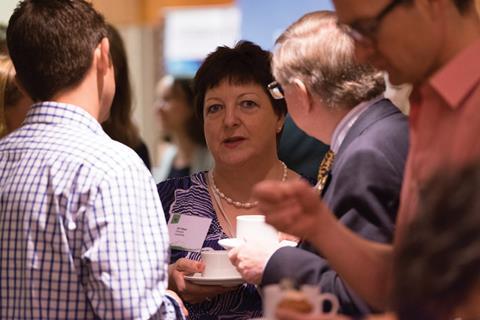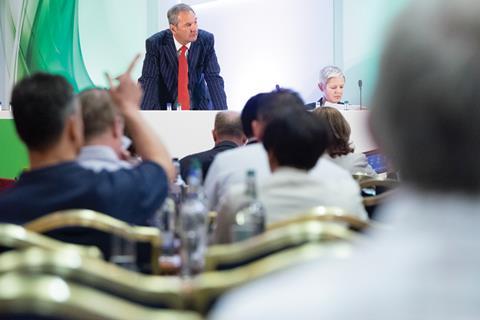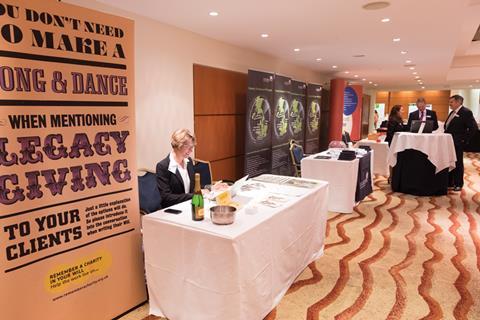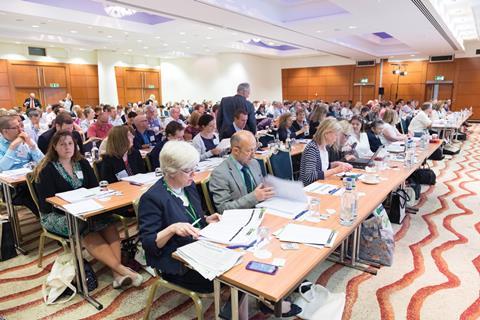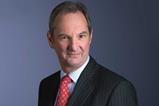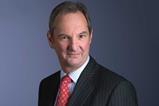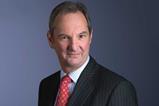Private Client Section chair Simon Leney rounds up the highlights of the Section’s annual conference, held in London on 3 July, and introduces our conference special edition.
This year’s conference maintained the steady growth in delegate numbers that we have seen in recent years, a testimony to the quality of the speakers and the Law Society’s conference team.
The day started with Chris Whitehouse providing his overview of capital tax developments. With his usual clarity and wit, he made what might, in less capable hands, be a dry and dull hour, pass rapidly. He provided some useful insights and an especially useful (to me) synopsis of the tax-planning options relating to the family home. For more, see page 14.
After a short break, we were privileged to be addressed by Margaret Hodge MP, who most know as the immediate past chair of the public accounts committee. She explained that she was the first elected chair – previous chairs having been nominated – and felt that gave her a measure of empowerment which allowed her to challenge assumptions much more than her predecessors. She gave us a good insight into the workings of that committee and the efficiencies (or otherwise, in her view) of the finances of the government machine. One telling point she made was that the gap between tax that is collectable and tax collected is estimated to be £34bn. Tax, she believes, should not be regarded as voluntary if you are very rich. She emphasised that she is not anti-business, but feels the system is skewed in favour of big business which can afford an army of advisers to help them avoid tax. Her message was that advisers need to take responsibility for the advice they give, and accept that they also owe a duty to the community in which they live and work. Her speech was well received by delegates, who gave her considerable applause.
The first breakout sessions then followed, offering in-depth examinations of a wide range of subjects – truly something for everyone! The sessions were repeated in the afternoon. The speakers have outlined the highlights of each session, starting on the opposite page.
Lunch offered an opportunity to meet up with colleagues, sponsors and exhibitors, including, of course, my favourite, Maserati, which had one of its ‘entry level’ £75,000 cars available for inspection. One can dream!
The conference resumed with a members’ session, providing members with a platform to express their views on Section activities – a very useful session for the Section committee.
Catherine Dixon, chief executive of the Law Society, was the second keynote speaker of the day, and focused on the Law Society’s 2020 strategy. She emphasised the need for the Law Society to support solicitors to adapt to the pressure of regulation and examine how to deliver services in different ways. She also reminded us of the work Law Society committees have done on such subjects as FATCA, digital assets and mental capacity. Catherine was keen to emphasise that the Society should engage with government and regulators, rather than continually acting as a protest group, in order to achieve positive outcomes for solicitors. For more, see page 10.
After the second breakout sessions, Lesley King gave her usual polished and comprehensive review of judgments in a wide range of private client-related subjects. Lesley’s especial skill is bringing case law to life by including small details about the parties, teased out from the law reports, meaning that her listeners’ attention is kept until the last, despite this being the final session of the day. For more, see page 12.
Even though summer had arrived with a bang on that balmy day in July – there was not a cloud to be seen – no one resented being indoors, because of the relevance of the topics covered and the quality of the speakers’ delivery. If you weren’t there this year, you will find much of interest in this edition of PS, but I would also add that if you only attend one eight-hour conference in 2016, this is the one to choose!


